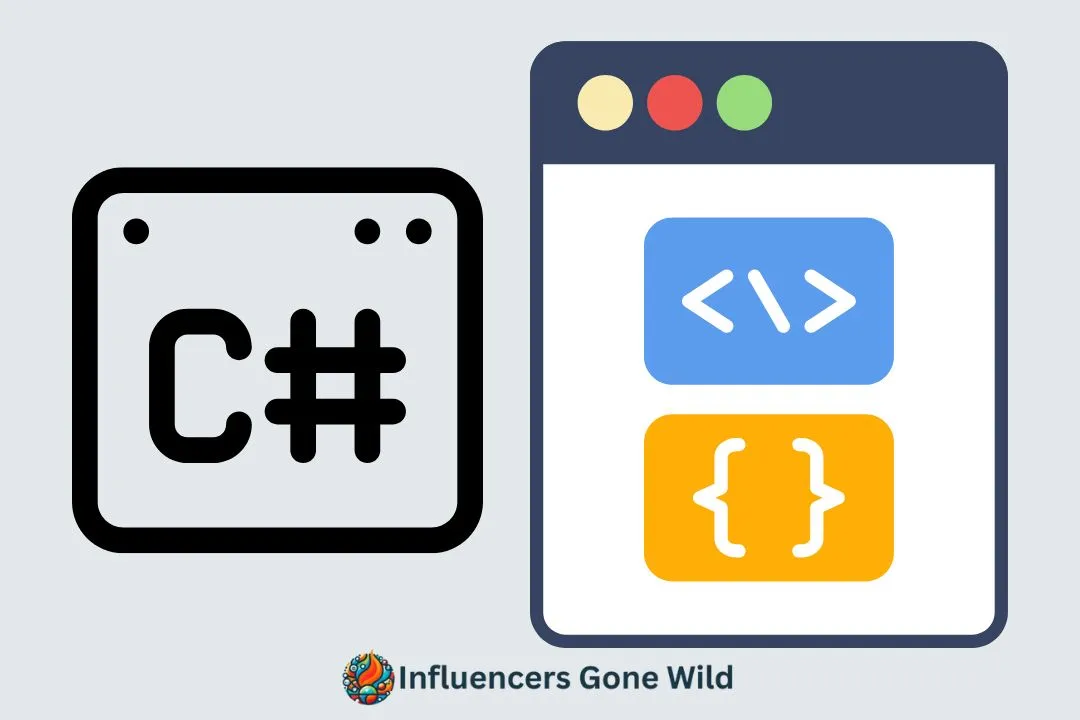Mobile app development has grown rapidly, with a range of programming languages available to developers. Each language brings unique advantages, and selecting the right one can make a huge difference in app performance, scalability, and user experience. Agencies, such as Ronins in the UK, are having to ensure they are fully adversed to knowing how to coherently use each programming language. This guide explores the top programming languages for mobile development in 2024, focusing on their strengths, weaknesses, and use cases.
1. Kotlin: A Preferred Language for Android Development
Kotlin has quickly become a favorite for Android app development. Developed by JetBrains and now fully supported by Google, Kotlin simplifies coding with its concise syntax and modern features.
Key Features of Kotlin
- Interoperability with Java: Kotlin can work seamlessly with Java, making it easy to integrate into existing projects.
- Concise Syntax: Reduces boilerplate code, enhancing productivity.
- Safety Features: Null safety and immutability features reduce common programming errors.
Use Cases
Kotlin is ideal for:
- Android native apps
- Enterprise applications where Java is already in use
- Projects requiring frequent updates and modifications
2. Swift: The Choice for iOS Development
Swift is Apple’s preferred language for iOS app development. Known for its speed and safety, Swift has effectively replaced Objective-C for many developers.
Key Features of Swift
- Modern Syntax: Easy to read and write, with high performance.
- Automatic Memory Management: Swift’s ARC (Automatic Reference Counting) makes memory handling efficient.
- Playgrounds: Developers can test code snippets in real-time.
Use Cases
Swift is ideal for:
- iOS and macOS apps
- Cross-platform iOS applications, particularly those utilizing Apple’s ecosystem
- Apps with a strong focus on performance and user experience
3. JavaScript: Powering Cross-Platform Apps

JavaScript is the backbone of the web development world but has extended its reach into mobile through cross-platform frameworks like React Native and Ionic.
Key Features of JavaScript
- Event-Driven Architecture: Ideal for building interactive and dynamic apps.
- Wide Library Support: Frameworks and libraries like React Native enable JavaScript to function across iOS and Android platforms.
- Active Developer Community: Extensive support and resources.
Use Cases
JavaScript is best suited for:
- Cross-platform applications with shared codebases
- Mobile web applications
- Projects with limited resources, needing both mobile and web versions
4. Dart: Optimized for Flutter Framework
Dart, developed by Google, powers the Flutter framework, which is highly popular for cross-platform development. With a single codebase, developers can create apps for iOS, Android, and even web.
Key Features of Dart
- Hot Reload: Makes it easy to view changes instantly during development.
- Single Codebase for Multiple Platforms: Saves time and resources.
- High Performance: Dart is optimized for UI-rich applications.
Use Cases
Dart is ideal for:
- Cross-platform apps requiring a native-like performance
- UI-intensive applications
- Projects needing rapid prototyping and testing
5. Python: Rising in Popularity for Mobile
Python is versatile, widely used in data science, machine learning, and now increasingly for mobile development through frameworks like Kivy and BeeWare.
Key Features of Python
- Easy to Learn and Use: Known for its readability and simplicity.
- Vast Library Support: Extensive libraries for various functionalities, from AI to data processing.
- Growing Mobile Support: Although not traditionally used for mobile, Python’s mobile frameworks are improving.
Use Cases
Python is best suited for:
- Data-driven mobile apps where machine learning is required
- Prototyping and MVPs (Minimum Viable Products)
- Educational apps and tools
6. C#: A Powerhouse for Game and Mobile Development

C# has solidified its place in mobile development, especially for game development and cross-platform apps using the Unity and Xamarin frameworks.
Key Features of C#
- Cross-Platform Support: Xamarin allows for cross-platform mobile apps with a single codebase.
- Robust Performance: Ideal for games and high-performance applications.
- Object-Oriented: Shares similarities with Java, making it accessible for many developers.
Use Cases
C# is ideal for:
- Game development through Unity
- Enterprise applications
- Cross-platform mobile applications with performance-focused requirements
7. Rust: Emerging for Performance-Centric Apps
Rust, while primarily known for system-level programming, has begun to gain traction in mobile development for apps requiring high performance and security.
Key Features of Rust
- Memory Safety: Rust’s strict compiler checks help prevent memory errors.
- High Performance: Nearly as fast as C/C++, suitable for intensive applications.
- Concurrency and Multithreading: Efficient for applications with complex operations.
Use Cases
Rust is best suited for:
- Performance-critical applications
- Security-focused mobile apps
- Mobile projects that require backend and low-level systems programming
8. Java: A Long-Time Android Staple
Java has been a staple in Android development for years. While Kotlin is now preferred, Java remains highly relevant due to its robust framework and extensive community support.
Key Features of Java
- Platform Independence: Java code can run on any platform that supports JVM (Java Virtual Machine).
- Robust Framework: Well-suited for complex mobile applications.
- Strong Community: Extensive documentation and libraries available.
Use Cases
Java is ideal for:
- Enterprise applications with long lifecycles
- Legacy Android projects
- Applications requiring extensive third-party integrations
9. TypeScript: Typed Superpower for JavaScript
TypeScript adds static types to JavaScript, making it more reliable and manageable. It’s widely used in React Native for mobile development due to its scalability and debugging benefits.
Key Features of TypeScript
- Type Safety: Reduces runtime errors with static typing.
- Better Tooling and Debugging: Enhances developer productivity.
- Compatibility with JavaScript: Easily integrates with JavaScript codebases.
Use Cases
TypeScript is best for:
- Large, complex mobile applications
- Cross-platform apps with React Native
- Teams that prioritize scalability and maintainability
10. Objective-C: A Legacy iOS Language
Though largely replaced by Swift, Objective-C still holds relevance for developers maintaining older iOS applications. It’s fully compatible with Apple’s ecosystem and has a large library of pre-built functions.
Key Features of Objective-C
- Dynamic Runtime: Adds flexibility to the code.
- Full Compatibility with Swift: Allows integration with Swift for hybrid apps.
- Rich Libraries: Extensive libraries and support for native iOS development.
Use Cases
Objective-C is ideal for:
- Legacy iOS applications
- Apps that require seamless compatibility with older iOS systems
- Developers maintaining or updating pre-existing iOS applications
Conclusion
Selecting the right programming language for mobile development in 2024 depends on factors like platform compatibility, app performance, and development speed. For Android apps, Kotlin is the leading choice, while Swift remains the top pick for iOS development. JavaScript, Dart, and C# provide flexible cross-platform options, while Rust and Python cater to performance and AI-driven apps. Each language offers unique advantages; choosing the right one will depend on your project requirements and development goals.
Top Programming Languages for Mobile Development in 2024